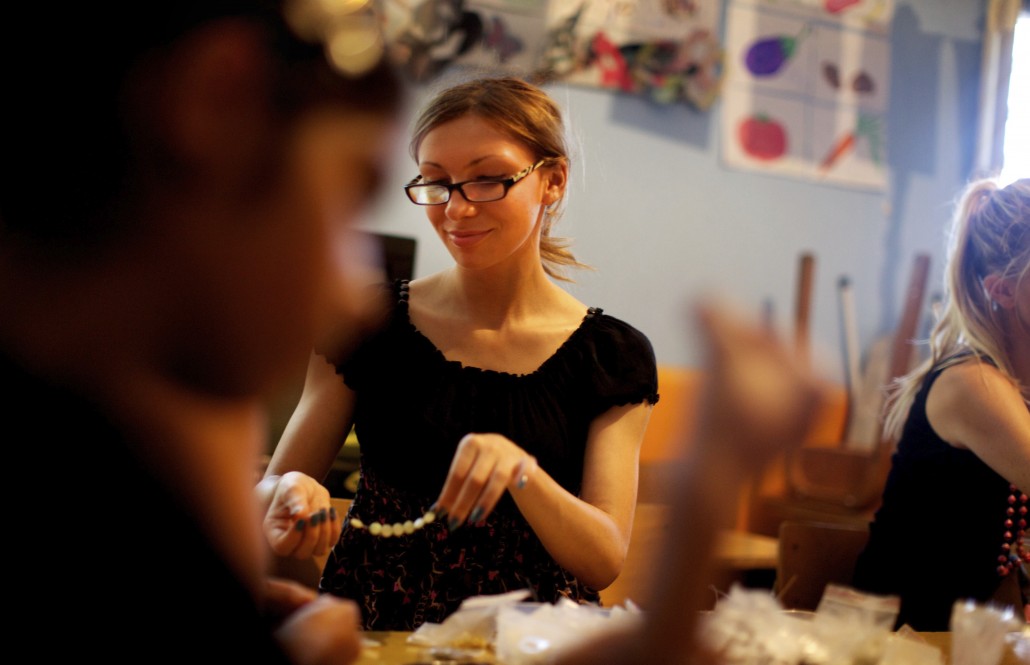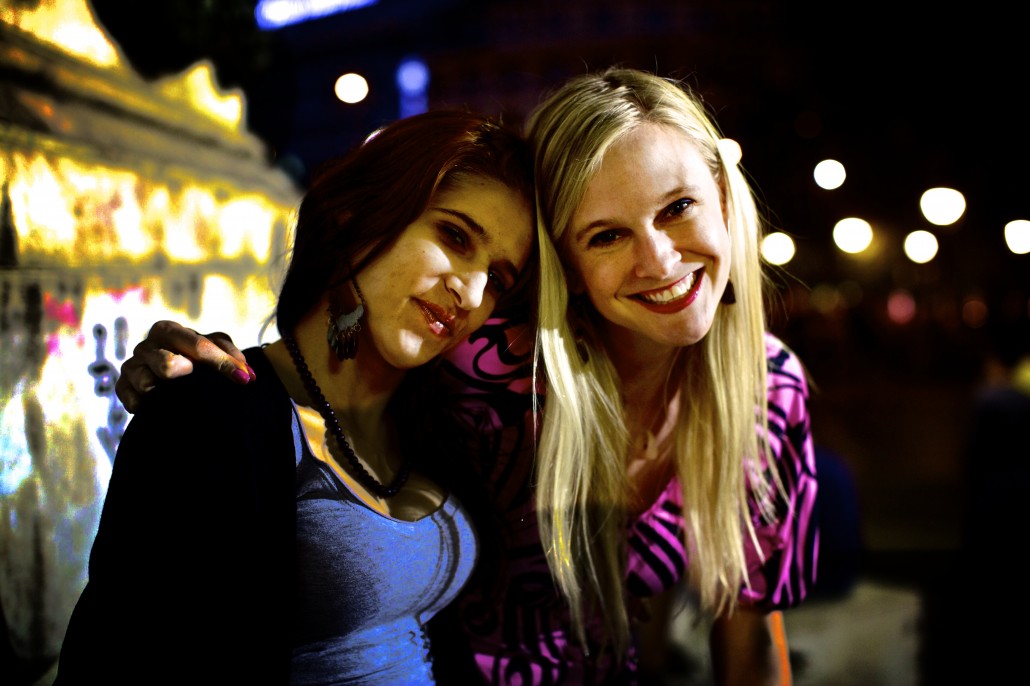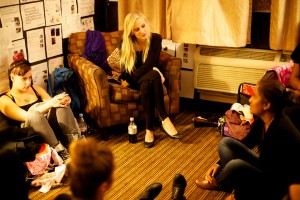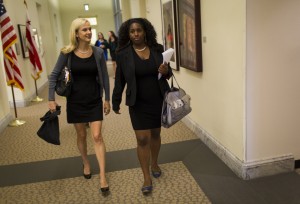The Reality of Sex Trafficking in America
No girl deserves to just disappear. Every girl is valuable. These two beliefs guide my life and are what inspired me to found FAIR Girls when I was just 23.
It all started my first year of college while studying abroad in Germany. I’m from a small Texas town and had always dreamed of going to Europe, but what I found there was nothing like what I expected.
Her name was Rafif, and she was 19. Just a little older than I was then. We bonded quickly during German classes. And, I soon learned the man in his 60s who came to pick her up each day after class was her husband. While I was studying and hanging out with my boyfriend, Rafif was a domestic slave who had been traded to pay for a debt her parents owed to a man with three other wives.
Rafif slowly trusted me. Her bruises were a map of the exploitation and trafficking she endured as his wife and servant. As far as I know, she is the first victim of human trafficking who I had ever met. When she disappeared a few months later, I decided to search for her. What was perhaps as devastating as her disappearance was that no one else seemed to care. The police, social services, and even friends told me that was just what happened to girls like her. It was as if Rafif was expendable. While I searched for her throughout Bosnia, for years afterwards, she was gone. And, she is why I believe reaching girls before they disappear into the world of human trafficking is critical. That is why, FAIR Girls now trains hundreds of law enforcement and social workers who are at the front lines to see when girls like Rafif are being exploited or abused.
I didn’t have a background in nonprofit management. I don’t come from a wealthy family whose resources could sustain me during the early years. Like most nonprofits, we started at my kitchen table with volunteers. I worked late nights on top of my job and often missed out on dates and family gatherings to try to make FAIR Girls thrive.
It wasn’t until I had been building FAIR Girls a few years that I began to realize that sex trafficking was as pervasive in the United States as it was in places like Bosnia, where Rafif had grown up. In 2007, we started going to girls’ detention facilities and foster homes to educate girls about sex trafficking. By this time, we knew that pimps often lured girls out of foster homes, and that most of them had been abused at home and lived in extreme poverty. It was at one of these homes where I met 17-year-old Janel, who had been exploited and sold by her foster mom for drug money since she was 4.
After talking for hours outside the group home, I told her that if she wanted to talk about things, she could call me. And at 2AM, the day before Thanksgiving and two days before her 18th birthday, she did. Her mom had kicked her out again, and was afraid of her mom’s pimp who had threatened to kill her. She was hiding in her pajamas behind Starbucks in downtown D.C. when I showed up. As we jumped into a taxi to go to Child and Family Services, people where passing us by on their way to work at law firms and investment firms along K street.
When we arrived to Child and Family Services, we were told they couldn’t help because she was turning 18. They didn’t believe Janel was a victim of sex trafficking. Actually, they didn’t know that sex trafficking happened in America. I didn’t know where Janel would stay that night because all of the shelters were full. Ten hours later, I found one woman, a volunteer who had met Janel weeks earlier at a church, who offered to let her move into her small apartment with her.
Over the next few years, I saw Janel almost every day in FAIR Girls’ drop-in center and we often talked late into the night when she felt alone and not sure she could make it. She attended art classes, job finding classes, and even volunteered at FAIR Girls as part of a school project. That was now seven years ago, and I just heard from Janel that she is in community college and has her own apartment.

When I was growing up, I had parents who made sure I was safe, got to school, and was loved. Most of the girls I know at FAIR Girls didn’t have adults who could or would care for them. That is how girls like Janel almost disappear every day in America and around the world without a trace.
There are so many more girls who need our help. FAIR Girls has more than 20 employees now. There are police, social workers, and teachers who still need to be trained. More laws to ensure victims of sex trafficking are protected rather than be arrested as “prostitutes” need to be passed.
Sometimes I look back at where we started, and all I can think is “whoa.” We recently opened the Vida Home, an emergency home for girls aged 17 to 24 who, like Janel, have nowhere to go after escaping sex trafficking. Yet, there is a lot more that we want to do. And, we can’t stop now. I will always believe that every single girl who comes into FAIR Girls is worth fighting for, no matter what her past may be.
About the blogger:
Andrea Powell is founder and Executive Director of FAIR Girls, a nonprofit serving young women and girl survivors of commercial sexual exploitation and human trafficking. Since 2004, Andrea has led FAIR Girls’ efforts to prevent the sex trafficking and exploitation of girls in the United States and in FAIR Girls’ global programs. Andrea currently serves as the FAIR Girls’ chief liaison to the D.C. Anti Trafficking Task Force and has trained hundreds of U.S. and international first line responders on how to identify and assist victims of sex and forced labor trafficking. Ms. Powell currently acts as an adjunct professor at the Elliott School of International Affairs at George Washington University teaching courses in global sex trafficking and girl’s empowerment.



